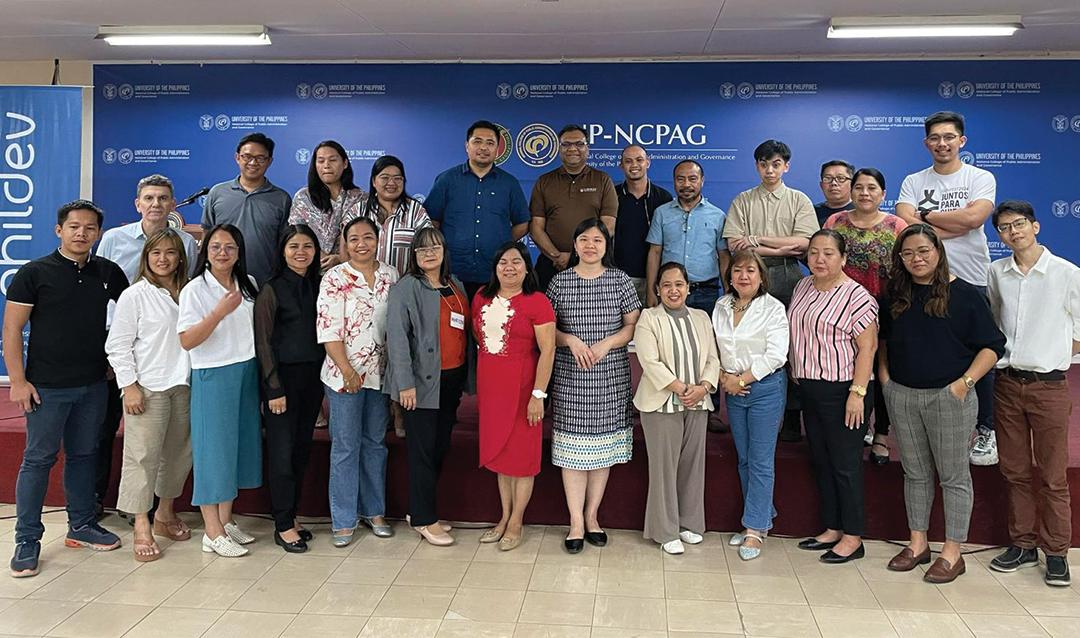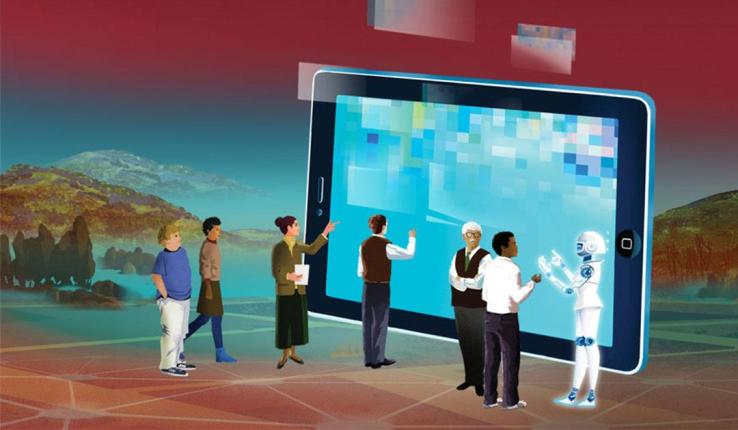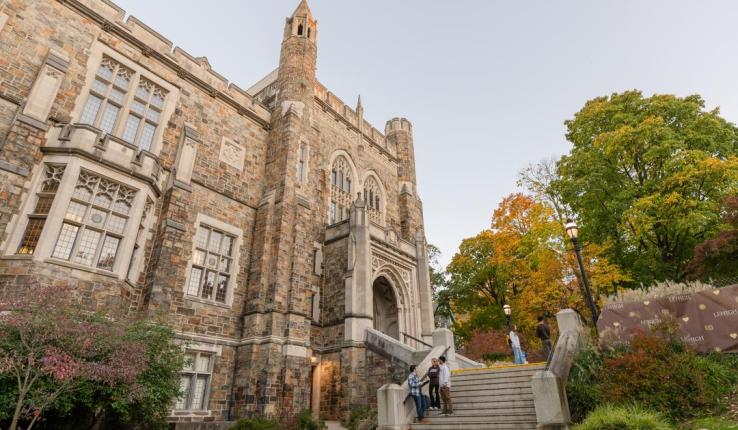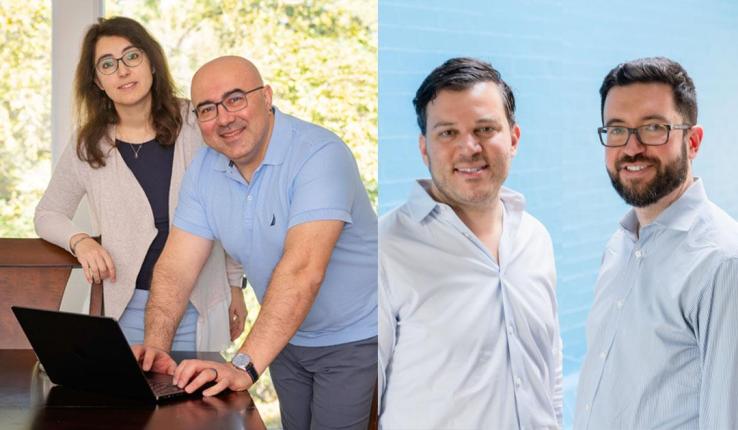It started as a simple request: Lead a half-day workshop to equip faculty at the Indian Institute of Technology (IIT) Kharagpur with the knowledge, tools and strategies to initiate academic programs similar to the Impact Fellowships offered by the Office of Creative Inquiry at Lehigh.
That suggestion has now grown into the Transformative Education for Sustainable Social Impact (TESSI) Institute, a series of faculty development programs that are empowering educators around the world to design academic programs that foster systemic societal change through the integration of learning, research and entrepreneurial engagement.
The brainchild of Khanjan Mehta, Lehigh’s vice provost for creative inquiry, TESSI now benefits from the enthusiastic partnership and engagement of academics, nonprofit leaders and social entrepreneurs from India, the Philippines, Hong Kong, Australia, Colombia, Fiji and other countries.
Bhaskar Bhowmick, associate professor in the Rajendra Mishra School of Engineering Entrepreneurship at IIT Kharagpur, worked closely with Mehta to design and lead the first TESSI Institute on his campus. Bhowmick and Mehta were able to secure partnerships with the Scholar Lab Foundation, Cisco for Startups, Switch on Foundation and ASME-India to cover the participants’ program fees as well as boarding and lodging expenses.
“We were blown away by the tremendous response we received from educators across the country,” Bhowmick said. “There is an urgent need to re-envision and redesign programs and curricula to make them more transformative for our students and impactful for our country.”
For the first TESSI Institute in January 2024, Mehta invited three Lehigh University collaborators to join him in leading the week-long workshop: Bill Gaudelli, dean of the College of Education and vice provost for innovation in education; Willy Das, research scientist for the Lehigh@Nasdaq Center; and Saif Mir, assistant professor of decision and technology analytics. They were eager to craft a transformative faculty development program that would help spread the successes, failures and lessons learned from unique Lehigh initiatives such as Creative Inquiry, the Lehigh@Nasdaq Center, and Lehigh Universal Design for Inquiry (LUDI).
Sixty-five faculty members, administrators and nonprofit leaders from across India, the Philippines and Hong Kong participated in the institute.
“The participants enjoyed gaining insights from their peers while making plans to reset their teaching and developing new programs upon return to the spring semester,” Gaudelli said.
Hands-on, hearts-on workshops on the theory and praxis of creative inquiry, humanitarian engineering and social entrepreneurship provided a strong foundation for designing student-centered programs that incorporate universal design for inquiry. Participants worked in teams to design new academic programs that engage students in authentic, real-world projects that address global grand challenges.
“The depth and breadth of programs that the participants designed was truly exemplary,” Mehta said. “In just a few days, these faculty teams had identified opportunities, developed detailed curricula and marketing strategies, identified extramural partners, and even gained approvals from their administration.”
Bhowmick said that he has already integrated the knowledge gained from the workshop into his classes on Technology Entrepreneurship.
"This semester, I've applied what I learned from workshop sessions such as ‘Asking the Right Questions’ and ‘Evaluating Groups with Peer Reviews’ directly into my classes. These sessions have not only inspired me but also provided me with valuable insights, enriching my approach to teaching," he said.






